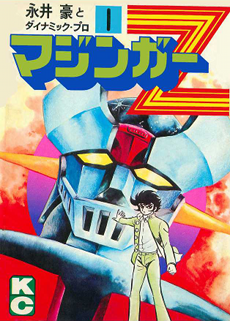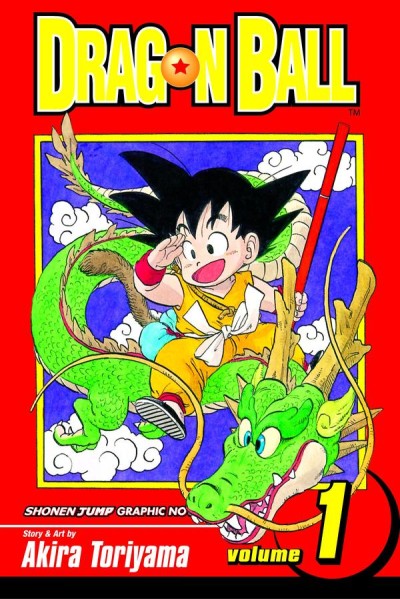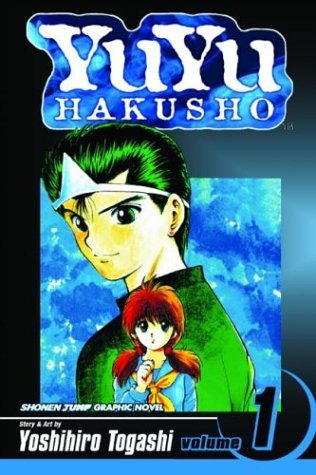This entire post was spawned from a twitter discussion later spun out into a blog post by Rawle Nyanzi. I recommend reading it to see where this post comes from.
Here's the secret to good storytelling: Dynamics. Contrasting elements that cause the audience's neck to snap back and forth over which one might prevail over the other. It is the key to all the best stories when one side is clearly set apart from the opposite and their differences lead to what is ostensibly the plot.
And every story has this. There exists no great story where the antagonist is a better person than the protagonist (unless we are following the villain's POV) and in which the antagonist is someone we want winning over the protagonist, and if there is it usually equates to a bad story. We want one side to win over the other because one is better (even if microscopically) than the opposite. Even mobster and crime stories are like this.
For instance, sword and sorcery stories are tales of morality, as is good fantasy in general. The sword represents that natural state and humanity and the sorcery represents unnatural evil intended to warp and rot the natural world. Are all protagonists of sword and sorcery good people? I don't know, are human as a whole perfectly good? No. But they are objectively superior to those dabbling in the dark and who wish to overturn the natural state for their own selfish ends. One is, and always will be, the superior and more morally compelling side. So yes, sword and sorcery is about black and white morality. It does not mean the hero cannot have flaws or the villain cannot have good points. It means that one is still the morally preferable choice despite this clash. They are still dynamically opposed, and those differences are compelling.
"Grimdark" fantasy tends to miss this point by sinking all characters in mass of mud. Classic fantasy is already plenty dark, but it is not because the morality is weak and cowardly like modern fiction, but because evil is terrifying and destructive to both the soul and the world. There is nothing compelling about a cast of terrible characters murdering each other until one wins. This haze relies on shock and shallow violence to keep an audience's interest until eventually the story rolls to a stop. Nobody cares who wins because it doesn't matter. A terrible person will get their wish and continue being terrible. Rinse and repeat until the heat death of the universe.
It's like I'm talking to that kid in high school who hung out at Hot Topic and wore Slipknot and My Chemical Romance shirts. It's all about image. Instead of a moral battle between two opposing forces, we are left with mindless violence and sex and characters without any passions or aspirations aside from their appetites.
And audiences want more than that.
Listen to any discussion about Watchmen. Rorschach is still the most popular character despite Alan Moore working hard to try to make him despicable. But the audience rejected his attempts. Why? Because they instinctively want someone to root for. Therefore the only character who has any values he is willing to fight and die for (and is still clearly morally superior to the villain) is who the audience will attach themselves to.
How many discussions of A Game of Thrones involve readers and viewers frantically trying to attach themselves to the least terrible characters still alive and hope for them to win? If they wanted grey goo instead why would they do this at all? Despite George R. R. Martin's best attempts, the audience is still searching for the black and white in his attempt to paint only in greys. Even if he can't give them what they truly want, they dig for it anyway. His experiment backfired. (And that is why he will never finish it.)
Deep down we all want the good guy to win. It's embedded into our bones and brains. This is why despite Hollywood's constant failures and inability to have a hit, superhero films still reign supreme at the box office. The most black and white depiction of morality there is remains the most popular genre. Meanwhile, former titans of this mentality like Star Wars have flailed due to their weak attempt at eschewing morality. Superheroes are the only place audiences can currently get what they want. And if nothing fills that void when the genre falls in popularity? Well, Hollywood is going to have a lot of problems.
In fact, the entire entertainment industry is having this problem. Book sales are down, TV networks have had a terrible year, and the comic industry will not survive the oncoming decade. Perhaps instead of force-feeding audiences their pedestrian and unthinking view of morality they might consider giving the customer what they want. And what the audience wants are excitement, dynamics, and perhaps a healthy dab of Truth.
Truth is real. Morality is real. Everyone instinctively knows this, and they want to be reminded of it. Truth be told, we need to be reminded of it. It's good for us. It keeps us on the straight and narrow.
Storytelling is about sharing truths through dynamic exaggerations. Truth is real, and we all know it deep down. This is why black and white morality is unavoidable, and why it will never go away. We crave it, and we always will.
If you're looking for fun action adventure stories to read, I recently had two different short stories released. One is in issue #3 of StoryHack, and the other is in DimensionBucket magazine. Check them out! I should also hopefully have news on my superhero novel, Gemini Warrior, sometime very soon. Exciting times!









